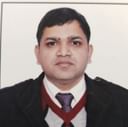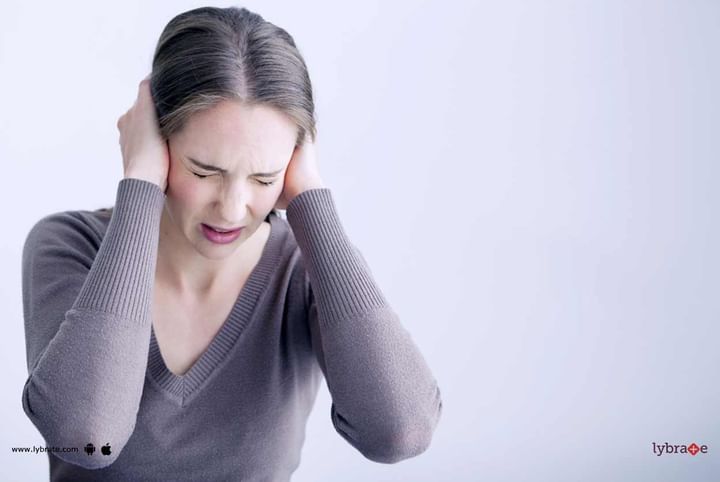Tinnitus - How Can Audiologist Treat It?
For someone suffering from Tinnitus, a perpetual sense of ringing in the ears is the main complaint. It’s annoying, to say the least. But more importantly, it is a sign of hearing loss. This is why people need to see an audiologist if he/she has a sense of tinnitus for some time. An audiologist can treat this problem in different ways.
Diagnosis
The first step in treating tinnitus like any other disease involves determining the cause. The doctor may perform different tests such as-Hearing:
-
Hearing exam
During this test, one needs to sit in a soundproof room and wear earphones. Specific sounds will be played into the ears, one at a time, through these earphones. People have to indicate when they hear different intensities of sound. The results are compared with empirical results for comparable age. This helps the audiologist identify possible or rule out specific causes.
-
Movement
One may need to clench the jaw, move the eyes or neck, or even move the arms and legs as part of the test. If tinnitus symptoms get better or worse at any of these postures, the audiologist can identify the underlying disorder.
-
Imaging Tests
The doctor may suggest an MRI or CT depending on his suspicions.
TreatmentRetraining
Treatment involves identifying an underlying problem, if any. If the tinnitus symptoms are due to some health conditions, the audiologist may take the following steps:
-
Clearing the Earwax
Impacted earwax can cause a variety of problems, including tinnitus symptoms. An audiologist can remove the ear wax.
-
Treating Vascular Conditions
Underlying vascular problems that require surgery or any other treatment may treat the condition.
-
Changing Medication
Tinnitus can also be a side effect of medication. If the doctor suspects that he may recommend reducing or stopping the drug completely. He may also recommend a different medication.
Noise Suppression
If there is no underlying health condition or medication responsible for tinnitus, the doctor may take recourse to noise suppression. The patient may need to wear an electronic noise suppression device. These devices include:
-
White Noise Devices
These machines produce simulated sounds such as those of ocean waves, falling rain etc. This is often found to be effective in treating tinnitus. He may also recommend using pillow speakers, fans, dehumidifiers, air conditioners and humidifiers to suppress internal noise at night.
-
Hearing Aids
If a hearing problem is associated with tinnitus, the audiologist may prescribe hearing aid.
-
Masking Devices
Such devices mask the internal sounds of tinnitus and are worn in the ear in a similar fashion as hearing aids.
-
Retraining
This device delivers programmed music to mask the sound of tinnitus. This technique usually helps the patient get accustomed to the sound of tinnitus.
Depending on diagnosis and findings, audiologists may also recommend medicines. Audiologists use medicines usually for severe tinnitus only, since these may have side effects. It may also help reduce symptoms.



+1.svg)
